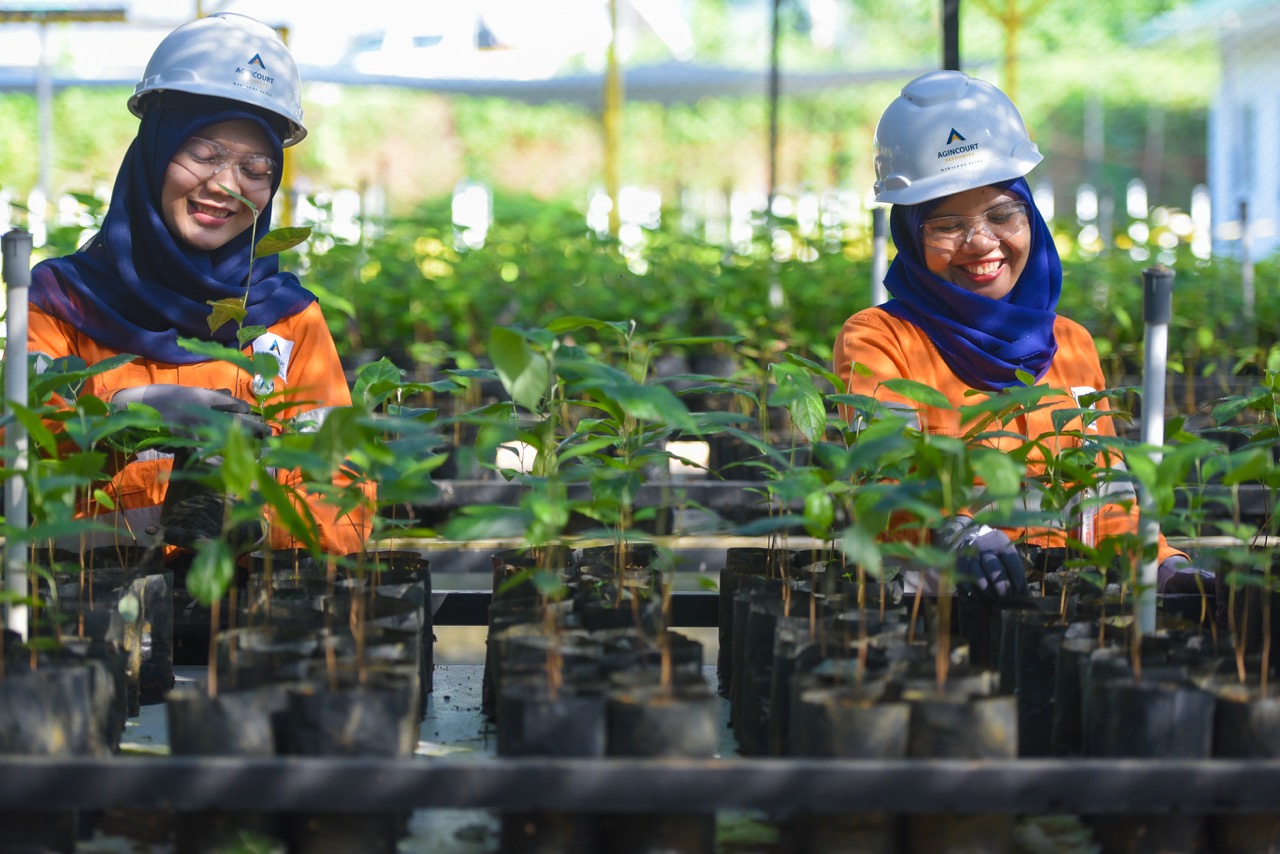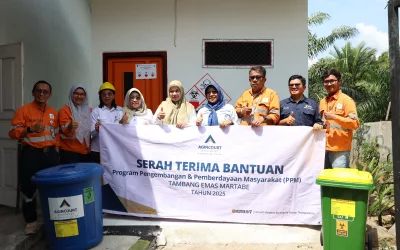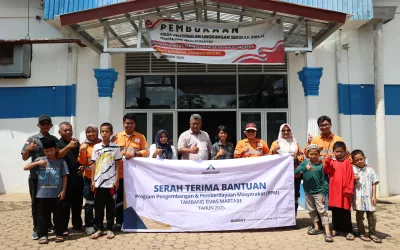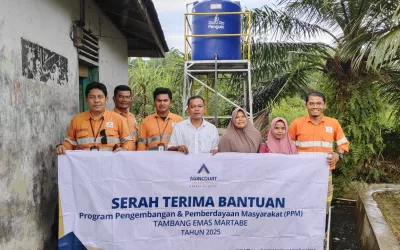Mine land reclamation is the process of restoring and returning the function of land that has been degraded due to mining activities. One of the important aspects of reclamation is the selection of the right plant seedlings. The success and quality of life of these seedlings are greatly influenced by various factors, especially environmental factors such as climate change.
Currently, the Environment Department of Agincourt Resources, through phenology studies, is trying to increase the chances of reclamation success to achieve the set targets. The Environment Department conducts tree phenology monitoring in permanent plots. The data collected includes the productivity of young leaves, young fruit, old fruit, and flowers on each sample tree.
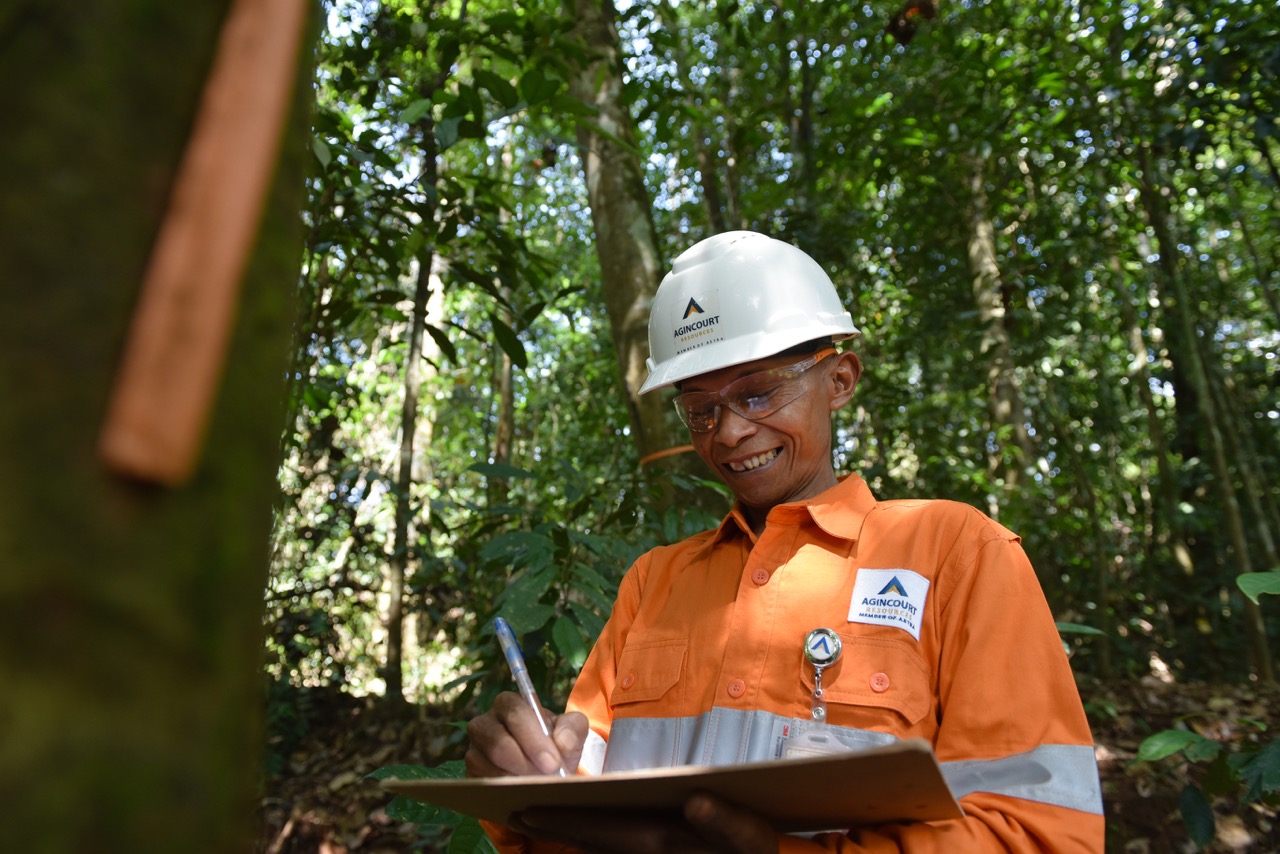
What is Phenology?
Phenology is the study of the timing of plant growth stages, such as when plants start flowering. Plant phenology is an easy-to-observe and effective indicator of climate change impacts.
Benefits of Phenology Studies
1. Understanding the Impacts of Climate Change
Research on the influence of climate change on plants, such as rainfall, helps to understand how climate change affects plant growth and production.
2. Supporting Rehabilitation and Revegetation Programs
Tree phenology data helps to see the relationship between fruit season and wildlife presence. This data can be used to select the right tree species for rehabilitation and revegetation programs.
3. Seed Source and Seedling Production
Tree phenology surveys help to determine the best time for seed collection and seedling production, especially for local species. Phenology studies are an innovative solution that provides dual benefits: accelerating the reclamation of mine land and preserving biodiversity. Agincourt Resources’ efforts through the Environment Department demonstrate the company’s commitment to environmental responsibility and contributing to sustainable practices.

